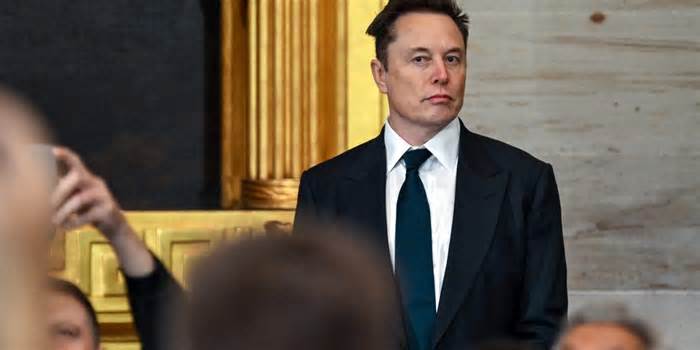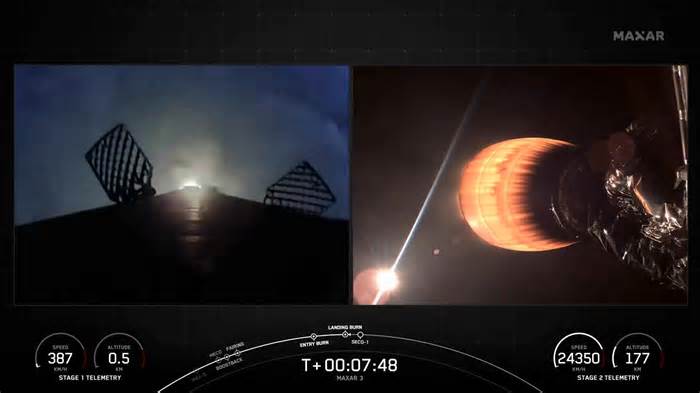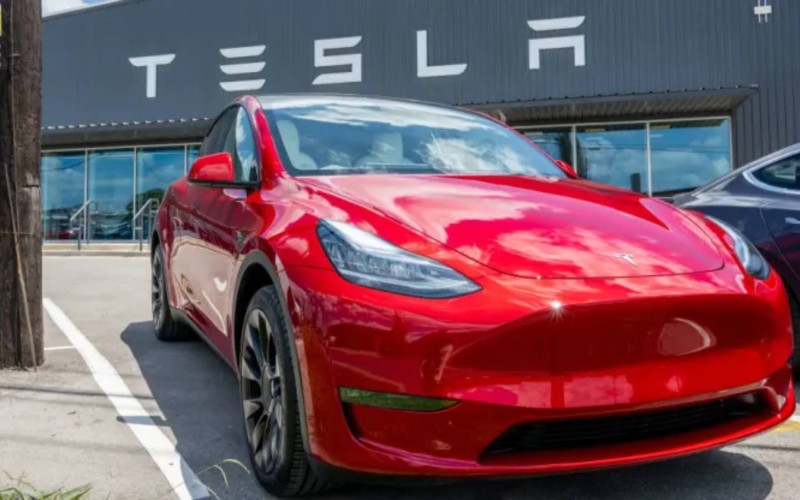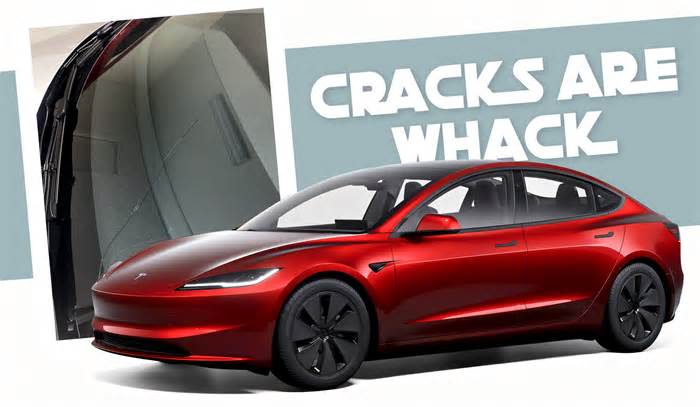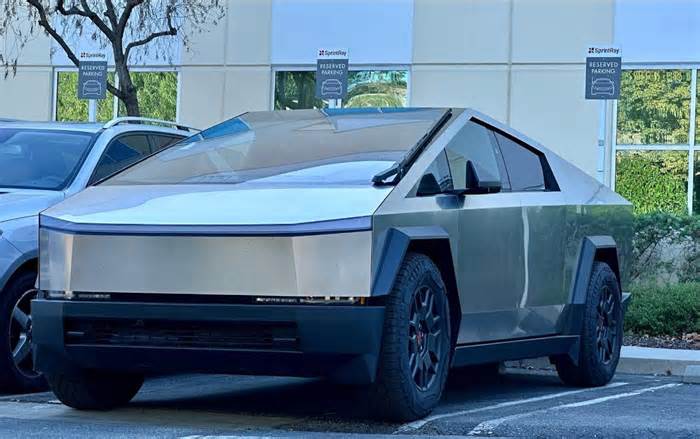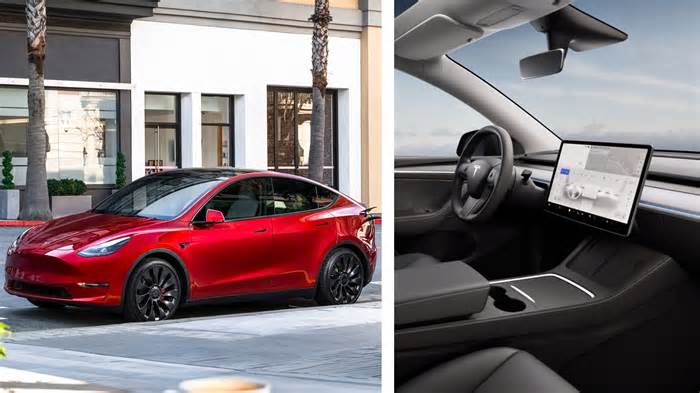
Europe has the worst imaginable idea to counter SpaceX’s launch dominance
- by Ars Technica
- Feb 04, 2025
- 0 Comments
- 0 Likes Flag 0 Of 5
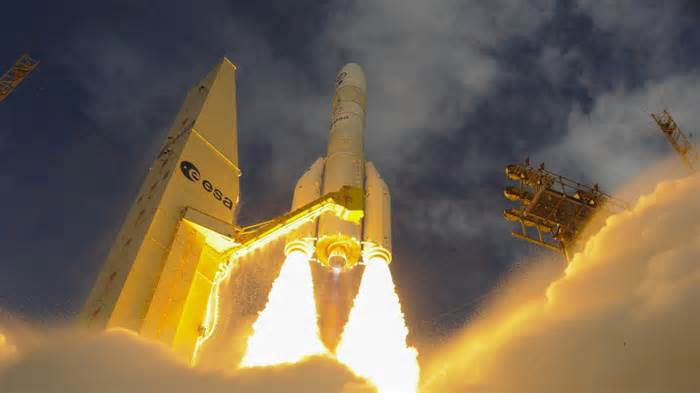
Minimize to nav
It is not difficult to understand the unease on the European continent about the rise of SpaceX and its controversial founder, Elon Musk.
SpaceX has surpassed the European Space Agency and its institutional partners in almost every way when it comes to accessing space and providing secure communications. Last year, for example, SpaceX launched 134 orbital missions. Combined, Europe had three. SpaceX operates a massive constellation of more than 7,000 satellites, delivering broadband Internet around the world. Europe hopes to have a much more modest capability online by 2030 serving the continent at a cost of $11 billion.
And Europe has good reasons for being wary about working directly with SpaceX. First, Europe wants to maintain sovereign access to space, as well as a space-based communication network. Second, buying services from SpaceX undermines European space businesses. Finally, and perhaps most importantly, Musk has recently begun attacking governments in European capitals such as Berlin and London, taking up the "Make Europe Great Again" slogan. This seems to entail throwing out the moderate coalitions governing European nations and replacing them with authoritarian, hard-right leaders.
All of that to say, it is understandable that Europe would like to provide a reasonable answer to the dominance of SpaceX.
Bring on the bankers
However, the approach being pursued by Airbus—a European aerospace corporation that is, on a basic level, akin to Boeing—seems like the dumbest idea imaginable. According to Bloomberg, "Airbus has hired Goldman Sachs Group Inc. for advice on an effort to forge a new European space and satellite company that can better compete with Elon Musk’s dominant SpaceX."
The publication reports that talks are preliminary and include France-based Thales and Italy's Leonardo S.p.A. to create a portfolio of space services. Leonardo has hired Bank of America Inc. for the plan, which has been dubbed Project Bromo. (According to Merriam-Webster, "bromo" is a form of bromide, which originates from the Greek word brōmos, meaning bad smell.)
European companies have struggled to catch up to the commercial space industry that has developed in the United States over the last 15 years, which has been led by SpaceX but also includes dozens of other players. Some of this is because the European Space Agency has been slower to offer fixed-price contracts and develop a competitive environment that levels the playing field for agile new space companies with institutional players. Other reasons include a more favorable environment for entrepreneurial activity in the United States and access to venture capital.
The European Space Agency has sought to change in recent years, initiating competitions such as the European Launcher Challenge. However, it is clear that Europe is far behind the United States and, to a lesser extent, China when it comes to developing a vibrant commercial space ecosystem.
It is difficult to see Airbus and some of the other large, institutional space companies in Europe banding together and becoming nimble and more efficient operators in spaceflight. That would require enormous changes in companies that have decades of ossified culture, with layers of management that are difficult to cut through.
ULA replay?
Please first to comment
Related Post
Stay Connected
Tweets by elonmuskTo get the latest tweets please make sure you are logged in on X on this browser.
Sponsored
Popular Post
tesla Model 3 Owner Nearly Stung With $1,700 Bill For Windshield Crack After Delivery
33 ViewsDec 28 ,2024
Middle-Aged Dentist Bought a Tesla Cybertruck, Now He Gets All the Attention He Wanted
32 ViewsNov 23 ,2024






 Energy
Energy




